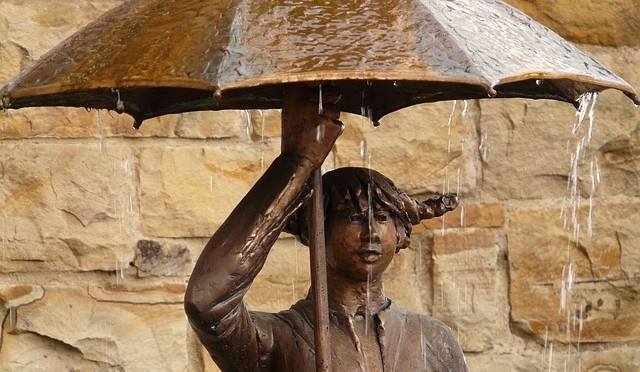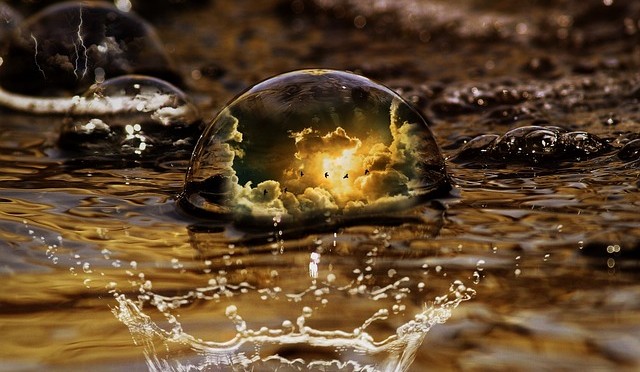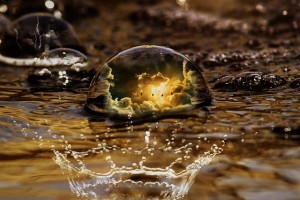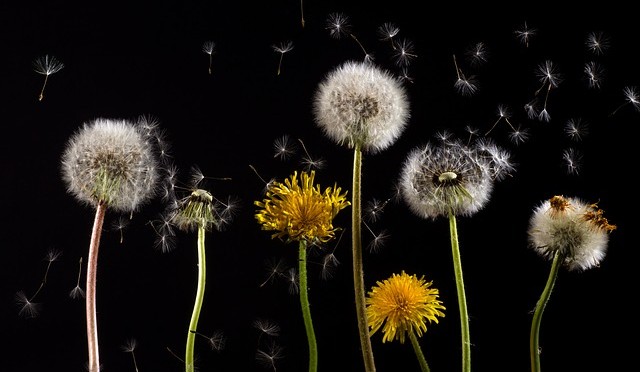 According to a press release issued by Drexel’s College of Engineering, “research by a team of Drexel University environmental engineers indicates that it rains enough in Philadelphia, New York, Seattle and Chicago that if homeowners had a way to collect and store the rain falling on their roofs, they could flush their toilets often without having to use a drop of municipal water.”
According to a press release issued by Drexel’s College of Engineering, “research by a team of Drexel University environmental engineers indicates that it rains enough in Philadelphia, New York, Seattle and Chicago that if homeowners had a way to collect and store the rain falling on their roofs, they could flush their toilets often without having to use a drop of municipal water.”
Franco Montalto, P.E., PhD, an associate professor in Drexel’s College of Engineering, and director of its Sustainable Water Resource Engineering Lab states, “Philadelphia and Seattle are the two cities where percent water savings would be greatest if residential neighborhoods were all equipped with rainwater harvesting systems.”
RainBank Rainwater Systems has been designing and constructing systems throughout the Pacific Northwest for more than 15 years. Many of our Seattle customers have included rainwater collection as part of new residential construction and retrofitted existing homes. Toilet flushing, laundry facility, and irrigation can all be supplied with non potable rainwater. Whole house usage or potable water can be achieved with proper filtration and disinfection as well.
You don’t need a lot of storage to save money. RainBank Rainwater Systems has designed and installed 3,000 gallon systems that supply an average 2,000 sq. ft. home with 60% of its household use, simply because of the amount of fall and winter rainfall.
Read more from Drexel University Engineering: Here’s Why We Should Use Rainwater to Flush Toilets





 Spring is in the air. Rain and showers are expected in the Seattle area this week, keeping pollen counts down. However, as spring comes into full bloom, we can anticipate a rise in pollen counts, causing the potential for pollen to foul stored water.
Spring is in the air. Rain and showers are expected in the Seattle area this week, keeping pollen counts down. However, as spring comes into full bloom, we can anticipate a rise in pollen counts, causing the potential for pollen to foul stored water.